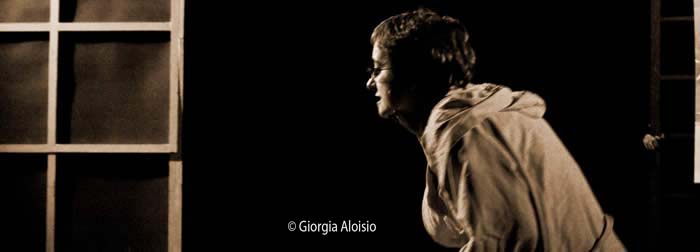It’s always a good idea to check online that your therapist is actually a professional
How many times have you run into experts in “something” that actually turned out to be amateurs in the subject matter? How often do we notice that of all the donuts with a hole, one of the donuts in the batch came out wrong? A burned ribbon from our trusted dry cleaner’s, a receipt with the wrong price – usually the actual price was less than the one on the receipt, at least that’s how it is in Italy- or even a bottle of expired milk and so on. However, when it comes to health, we can’t afford any carelessness or oversight, because health is inviolable. Unfortunately, heinous, phony professionals don’t see it the same way. After years of dishonorable careers, they have been exposed: they had no qualification whatsoever, they didn’t have a degree and some didn’t even have a school diploma. Insidious characters can sadly be found in psychology, as we are gradually discovering. In recent news, one of many crooks was discovered cheating people with serious psychiatric disorders, pretending to be a psychologist and a psychotherapist. He was a counselor with inclinations towards psychotherapy, and was very open about it: he had even made an actual profession out of it. He made diagnoses, he practiced hypnosis, and who knows, maybe he even read used coffee grounds and could walk on blazing coal. The subject in question followed over forty patients, some schizophrenic, some depressed and so on: For further information on this saddening case, you can read the article from this link.

From this dramatic episode, I made a series of considerations. When people turn to a mental health specialist, they do so because they are going through a critical moment in which it’s difficult, if not impossible, to be clear-headed and rational; asking for psychological counseling can sometimes be a difficult step to achieve. Even more so in Italy, as this discipline is quite often subject of prejudice and misinformation. Once you overcome this block and you get in touch with a specialist, with a good amount of discomfort that makes it harder to tolerate their condition, you rely on the therapist you met. It’s quite unlikely that the patient will do background research on the career, the qualifications, the academic achievements and the scientific article the therapist wrote, especially in such a delicate moment. Still, it takes very little to verify the reliability of the therapist’s curriculum: It’s a crucial, preventive operation that we undoubtedly all deserve. Every therapist in Italy is “catalogued”! Their names are all in a constantly updated list that is easy to find for whoever has access to the internet: All you have to do is consult the website of the Consiglio Nationale dell’Ordine degli Psicologi (National Counsel of the Order of Psychologists), also know as CNOP, which you can find right here: http://www.psy.it/. Insert their last name, their name, and the region of the psychologist and … voilà! There you have it: you will have the confirmation of the data you inserted, the section of the register the specialist is part of (section A for psychologists with a specialization, section B for those have a Bachelor’s Degree), and date of the last update in the register. If you want to know if a psychologist is qualified for psychotherapy, which depends on a qualification from a four or five-year-long course, all you have to do is look up the register of the region the specialist belongs to. Verifying this information is quite trivial, but not everybody knows it’s possible to do so.

Translation by Marina Traylor






